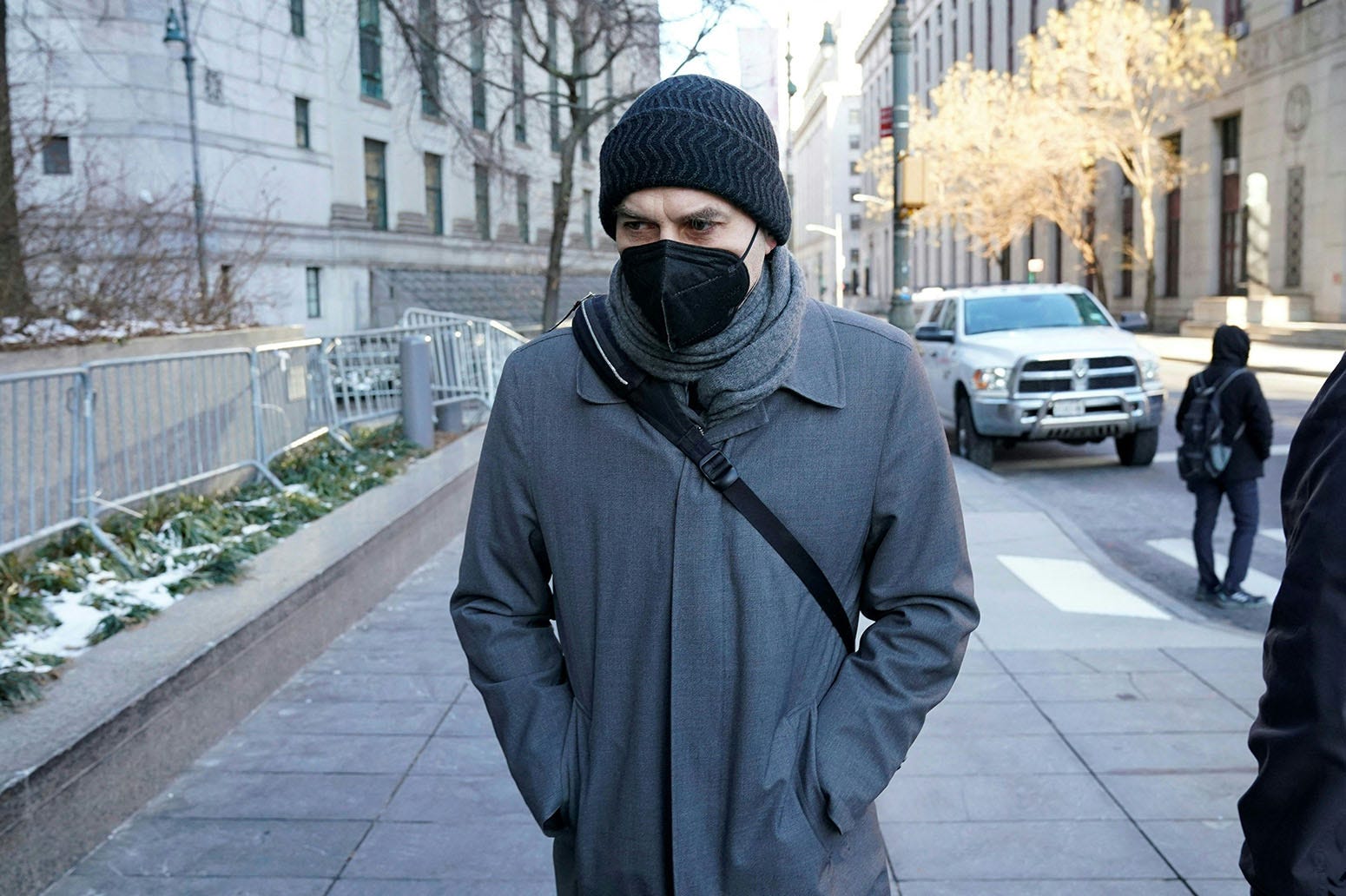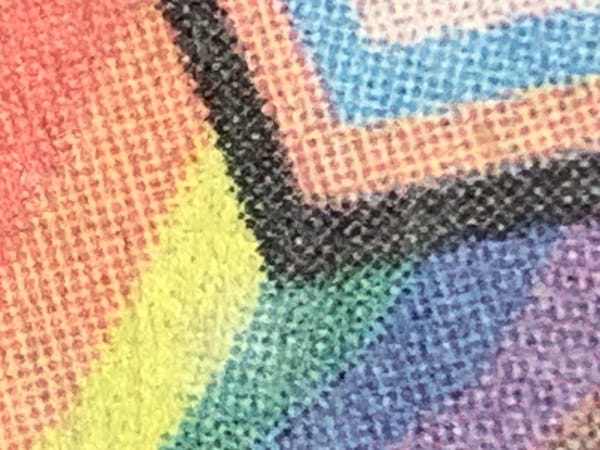Indignity Vol. 2, No. 14: Medaling in the downfall.
ZEITGEIST DEP'T.

The Vibes Are Switching Teams
EVERYONE (FOR CERTAIN values of "everyone") could only think about the vibe shift. What was the vibe shift? The vibe shift was the vibe shift; it had emerged out of itself, autopoetically, in a perfectly realized trend piece in New York magazine: "A Vibe Shift Is Coming."
It was the articulation of an idea, minus "articulation" or "idea." It meant what you read it as. The trend expert who New York credited with the idea—a person responsible for having identified or brought about "normcore," the trend eight or 10 years ago where young attractive people started dressing badly on purpose—"can't quite figure it out," although he told the reporter it had to do with how "the trajectory of the 2010s has been exhausted in a lot of ways."
I was too old for the trends before the trends before the vibe shift, and for several waves of trends before those, but that just made the idea of the vibe shift feel even more true to me. My own reading was something like "It can't go on like this," or possibly "You need to understand it will keep going on like this." All the while, I was really supposed to be thinking something about the Beijing Winter Olympics and the indeterminate national identity of the teenage trick skier Eileen Gu.
"Eileen Gu is a mood," the official Twitter account of the Olympics had tweeted, with the crying/laughing emoji, over a repost of a post from Gu of a diptych of herself eating a sandwich in full trick-skiing gear. A mood is a vibe. The vibe is shifting. Gu, the eighteen-year-old Californian ski prodigy who left Team USA for Team China, is the most interesting figure in the world for two weeks, culminating in skiing the halfpipe for her third event and, everyone presumes, her third medal.
All I could think, when Beijing was awarded the 2022 Winter Olympics, was It doesn't snow in Beijing. This was what I knew, from having briefly and conditionally been an expert on Beijing and the Olympics, around the games in 2008. The Beijing winter wind was a desert wind; my feet cracked open and bled on the cold tile floor. Dust storms outnumbered snowstorms in the time we lived there. I tried to watch Elieen Gu compete over the weekend, but the event was delayed by heavy snowfall.
In 2008, the entire Chinese capital was remade to show off a new facade to the world. In 2022, there's been the Olympic Covid bubble and some new ski resorts far outside of town. The 2008 games were China's declaration of 21st century superpower status; Beijing won the chance to host them in an intense competition against Toronto, Paris, Istanbul, and Osaka. It got the 2022 games in a near walkover, beating Almaty, Kazakhstan after the likes of Oslo and Stockholm dropped out of the running. No one but China wants the Winter Olympics.
Fourteen years ago, China was testing its new prosperity and the Communist Party's control against the popular theory that globalized liberalism would be the end state or destiny of civilization. The globalized liberal world powers lost the battle then, as China kept locking up dissidents and tightening the security state, with the help of Western technology, while hosting what was widely understood to have been a glorious and spectacular Olympics.
The trajectory is exhausted. The Olympics are a teenage figure skater with a positive drug test, out on the rink anyway, representing the suspended Russian national program, which sent its competitors out anyway, as president Vladimir Putin showed up at the opening ceremony anyway, as his troops prepare at their western border to either invade or not invade Ukraine. The teenage skater falls down again and again.
A million Uighurs have been imprisoned in Xinjiang, targeted for cultural extirpation in a genocide campaign by China. A million extra people in the United States have died, above the normal death rate, in the two years of our self-sabotaged response to the Covid pandemic. A million children are projected to starve in Afghanistan this winter, under an economy smashed in American retaliation for our military defeat there.
In the Olympic opening ceremony, a double-file line of people in colorful ethnic minority dress passed the Chinese flag from hand to hand till they delivered it to uniformed members of the People's Liberation Army. Sincere propaganda has given way to a sort of ubiquitous shitposting. Eileen Gu talks about how she pities the haters and the losers. She is either inheriting the world or accelerating into the end of her moment.
I've been watching the curling, mostly.

MEDIA STUDIES DEP'T.
Sarah Palin's Lawyers Have Something Real to Appeal

ON THURSDAY, THE jury in Sarah Palin v. New York Times delivered its verdict: under the existing standards of defamation law, the newspaper had not libeled the former vice-presidential candidate by printing a false claim about her in a 2017 editorial. Their verdict was already irrelevant, at least for the moment, because on Monday, during deliberations, judge Jed Rakoff had already told the parties he was throwing out the suit.
The two-track approach was meant to provide an appeals court with a tidy package of results; if the higher court disagreed with Rakoff's decision about the law, it could simply turn to the jury's decision about the facts. Instead, Rakoff's choice to announce the decision in mid-deliberations delivered a mess: despite the jurors' efforts to avoid hearing outside discussion of the trial while it was happening, the judge reported Wednesday that "several" of them had told the court that before they reached the verdict, their phones had received push notifications for news stories telling them he had decided to dismiss the case.

VISUAL CONSCIOUSNESS DEP’T.
Beers

More consciousness on Instagram.






